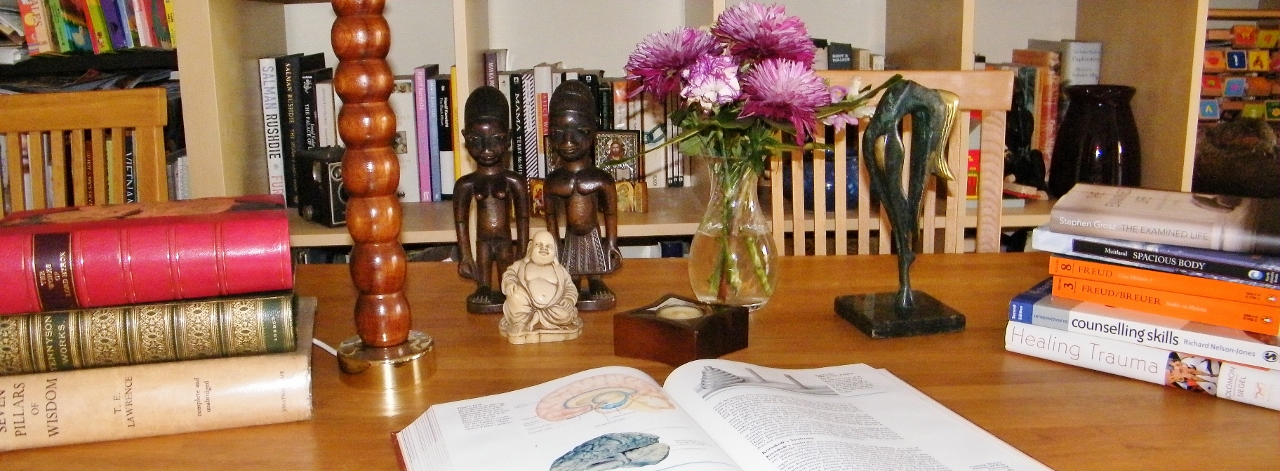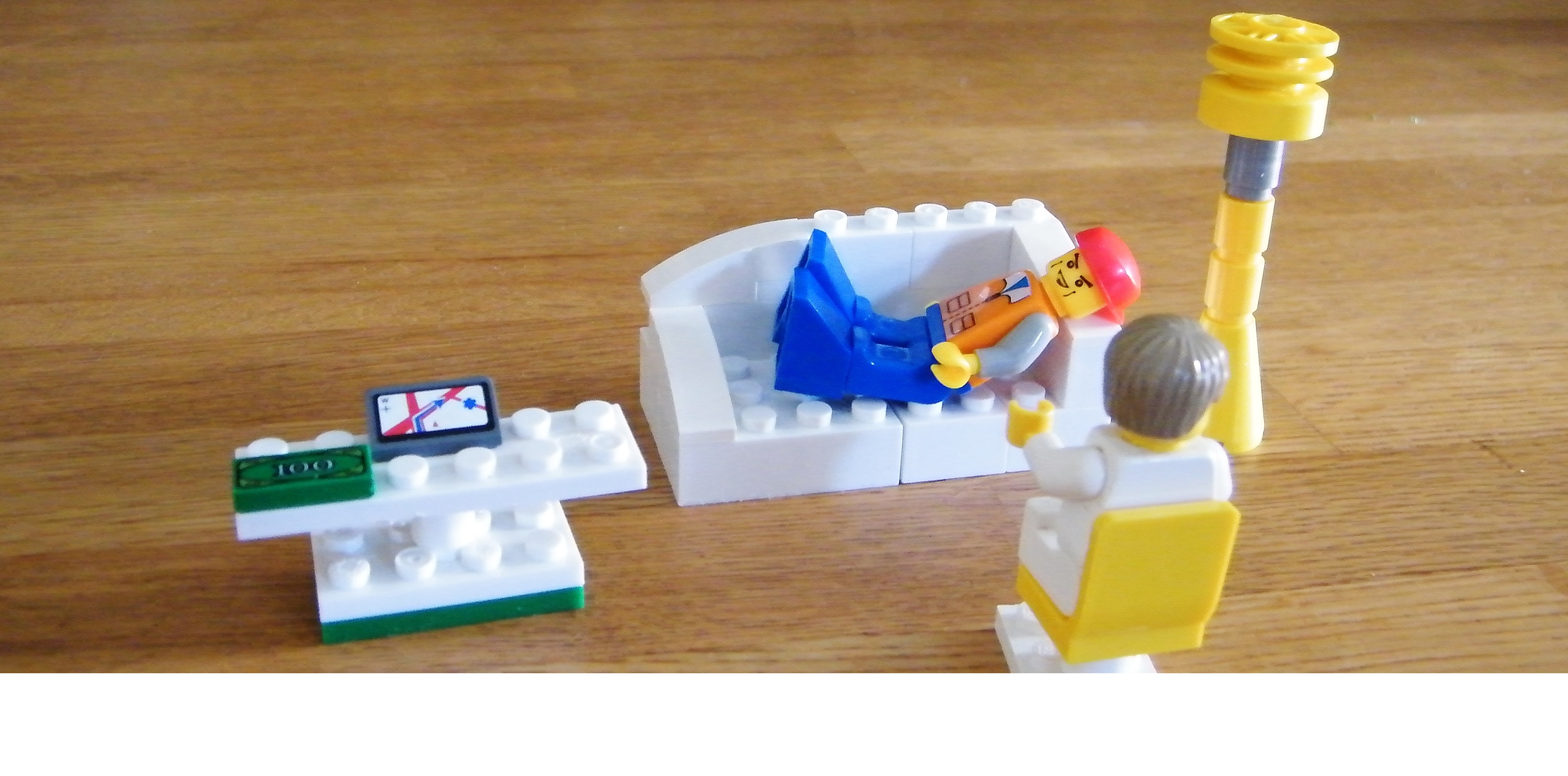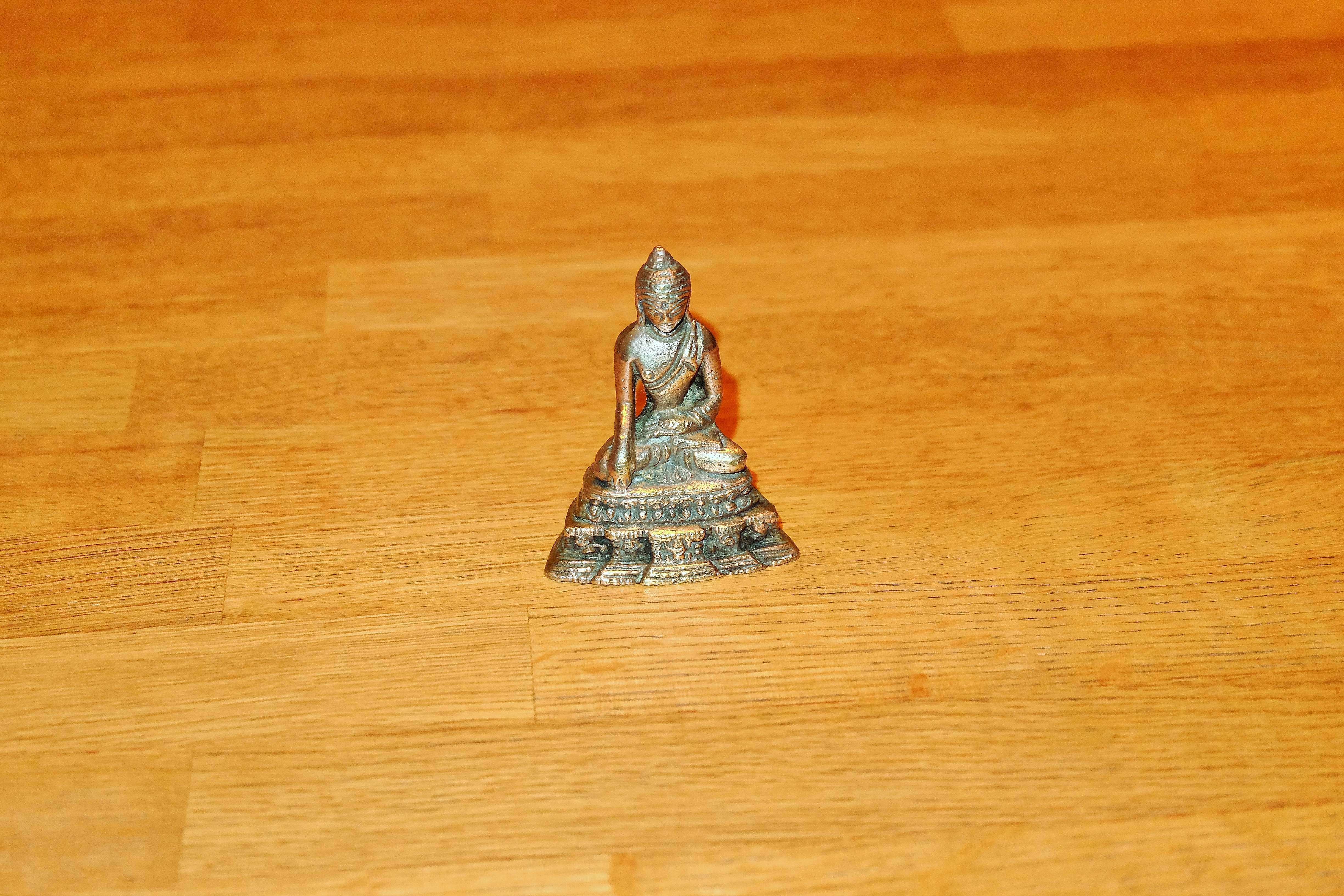By Gregori Savva, Sep 23 2015 08:31AM
At Counselling Whitton TW2 I try to help clients overcome stress, anxiety and depression with Mindfulness Practice.
One Mindfulness Exercise I find very enlivening is to practice the art of listening. It’s an exercise I use to focus my mind, to relieve myself of anxiety and generate a sense of catharsis after a period of stress. But that is not the same thing as meditating, empty the mind or cleansing yourself of negative emotions. If anything the practice encourages you to become more aware of your physical sensations and emotional states rather than avoiding or ignoring them. It also helps you to connect yourself with your natural environment.
This Mindfulness Practice can be used to stimulate and revitalize you, or create an internal state of calm and serenity. It means listening with focussed attention and awareness, while being attuned to the subtle nuances of sound, tone, pitch, cadence and rhythm. I find this is best practiced when listening to water.
Find a location where you can sit comfortably and listen to a body of water like a river flowing. Just listening to the patter of falling rain, the surge of waves crashing on a beach, the flow of a fast moving river or water chiming in the rapids.
You can start by settling the mind and body with Mindfulness of Breathing as laid out in previous exercises: finding your own breathing rhythm, inhaling and exhaling from the diaphragm and turning your attention to the sound and sensation of your breath.
Once you have found your rhythm, starting drawing your attention to the outside world, closing your eyes and listening to water flowing. You can even do this in the shower.
For example, go into a stand up shower with the light blocked out, closing your eyes and the bathroom door so that you are not interrupted. Turn up the shower jet so you can feel the water massaging your scalp. Find a spot underneath the shower where the water falls directly on the centre of your skull, and runs into your eyes, blocking every other sensation out other than the rushing sound of the water. This creates a state of almost sensory deprivation other than sound. Focus your attention at this point on the patter of water, the tingling of your scalp and the feeling of relief as your head, neck and shoulders relax. Simultaneously pay attention to the sound of the water rushing, or gently reverberating in your ears. Then gently begin to rock your head back and forth beneath the jet stream. This should open up your mind, bring about relief and create a semi-trance like state that is both sensual and pleasurable.
You could also sit on a bench by a fast flowing stream or waterfall, closing your eyes and listening intently to the flow of the water. At different phases or intervals during the mindfulness activity you can focus on the tone, pitch and sound the water makes, as if you were trying to attune yourself to a particular musical pattern or melody made by the water. Also pay attention to the pace, rhythm and flow of the water. Alternate between these two states of listening, to the exclusion of all other sounds and see what internal sensations it creates in your mind and body.





0 Comment